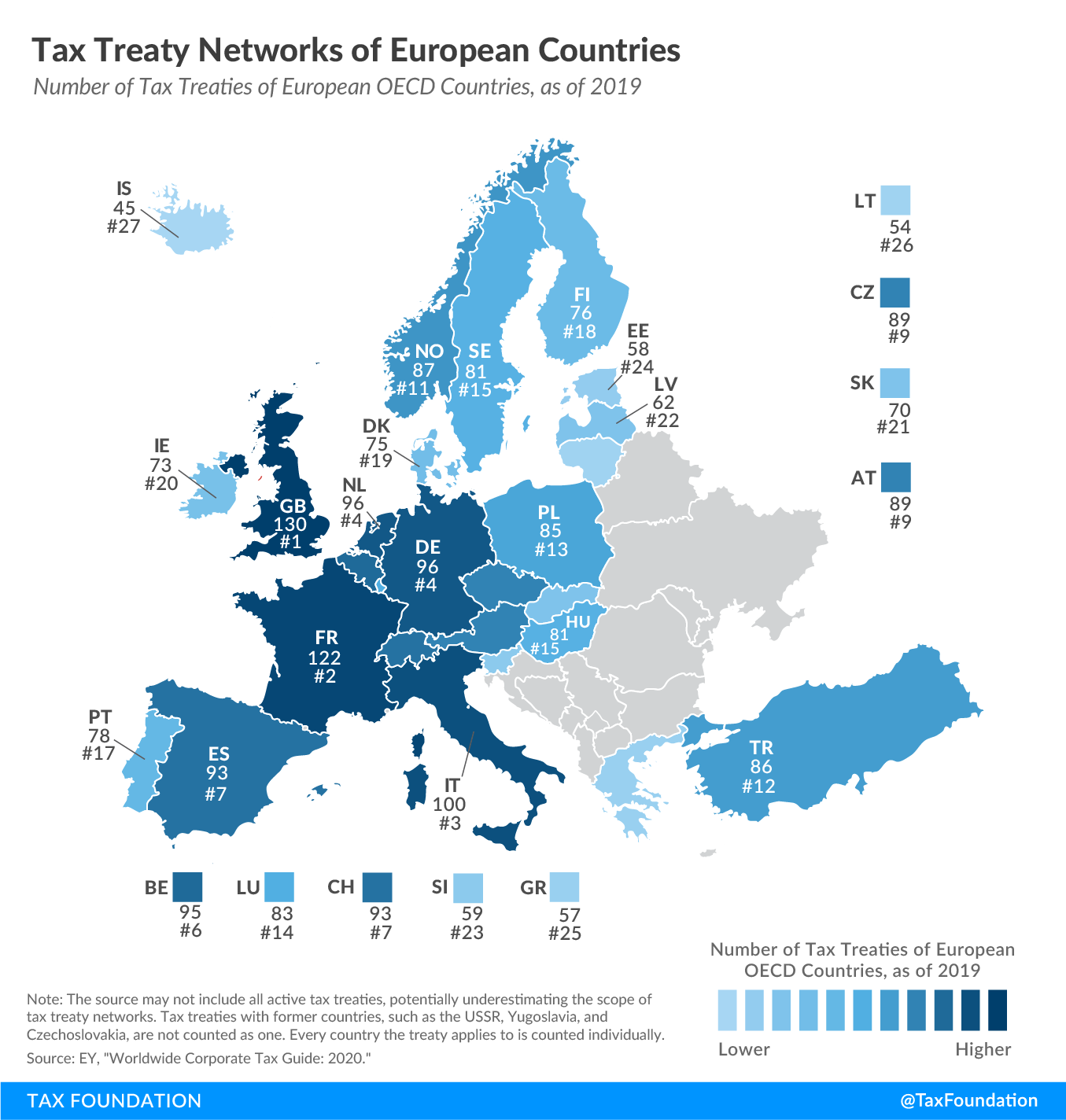In recent years, the global economic landscape has witnessed a growing trend of non-EU countries actively seeking tax treaties with the European Union. This strategic move is driven by a myriad of factors, including the desire for economic stability, increased foreign investment, and streamlined trade relations. As the EU continues to play a pivotal role in the global economy, these tax treaties present both opportunities and challenges for non-EU nations. This article delves into the motivations behind this trend and the economic benefits that drive these tax agreements.
Non-EU Nations Eye EU Tax Treaties: A Strategic Move
The pursuit of tax treaties with the European Union by non-EU countries is a calculated strategy influenced by the need for economic integration and global competitiveness. As the EU represents one of the largest economic blocs in the world, aligning with its tax framework provides non-EU countries with a gateway to its vast market. This strategic alignment not only facilitates trade but also enhances the credibility and attractiveness of these countries as investment destinations. By harmonizing tax regulations with the EU, non-EU countries can reduce the risk of double taxation, thereby fostering a more conducive environment for cross-border business operations.
Another key factor driving this strategic move is the desire to strengthen diplomatic and economic ties with the EU. Tax treaties serve as instruments of international cooperation, signaling a commitment to transparency and adherence to global standards. For many non-EU countries, particularly those with emerging economies, forming such alliances with the EU can lead to improved political relations and increased influence on the global stage. This enhanced diplomatic relationship can subsequently open doors to additional economic opportunities, such as development aid, trade agreements, and technology transfer.
Moreover, the strategic pursuit of EU tax treaties is often motivated by the need for economic diversification. Non-EU countries, especially those heavily reliant on a single industry or export market, view these treaties as a means to broaden their economic base. By attracting EU investors and businesses, these countries can stimulate growth in various sectors, reduce their dependence on volatile markets, and build resilience against global economic fluctuations. In essence, tax treaties with the EU offer non-EU nations a pathway to sustainable economic development and integration into the global economy.
Economic Benefits Drive Push for Tax Agreements
The economic benefits of tax treaties with the European Union are substantial and serve as a primary motivator for non-EU countries. One of the most significant advantages is the attraction of foreign direct investment (FDI). By eliminating or reducing tax barriers, these treaties create a more favorable investment climate, encouraging EU companies to establish operations in non-EU countries. This influx of investment not only boosts local economies but also leads to job creation, technology transfer, and infrastructure development, which are crucial for economic growth.
Additionally, tax treaties with the EU enhance trade relations by providing clearer guidelines and reducing the administrative burden for businesses engaged in cross-border transactions. Simplified tax regimes and dispute resolution mechanisms facilitate smoother trade flows, enabling non-EU countries to increase their exports to the EU market. This improved access to one of the world’s largest consumer bases can lead to significant revenue growth for non-EU countries, further incentivizing them to pursue such agreements.
Furthermore, these tax treaties offer non-EU countries the opportunity to improve their domestic tax systems. By aligning with EU standards, non-EU nations can enhance their tax administration, increase compliance, and reduce tax evasion. This alignment not only boosts government revenue but also fosters a more transparent and efficient tax environment. As a result, non-EU countries can allocate more resources to public services and infrastructure, thereby improving the overall quality of life for their citizens and fostering long-term economic stability.
In conclusion, the pursuit of tax treaties with the European Union by non-EU countries is a multifaceted strategy driven by the desire for economic integration, increased foreign investment, and enhanced trade relations. These agreements offer substantial economic benefits, including attracting FDI, boosting exports, and improving domestic tax systems. As the global economy continues to evolve, the importance of strategic alliances with economic powerhouses like the EU cannot be overstated. For non-EU countries, these tax treaties represent a vital step toward achieving sustainable growth and greater participation in the global marketplace.
